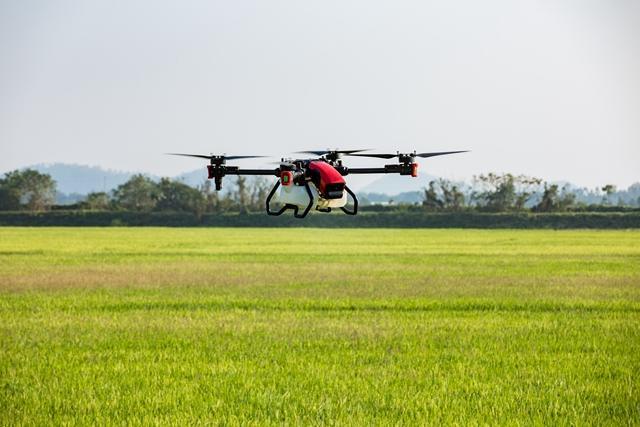Mechanized farming has transformed agriculture over the years, leading to increased efficiency, higher yields, and improved food security. This article explores the impact of mechanization on modern farming practices.
Mechanization in agriculture involves the use of various machinery and equipment to perform tasks that were once done manually. Tractors, plows, harvesters, and irrigation systems are among the many tools that have revolutionized farming. These machines significantly reduce the need for human labor, making it possible to cultivate and harvest larger areas of land.
One of the most significant advantages of mechanized farming is increased productivity. Machinery can complete tasks more quickly and accurately than manual labor, resulting in higher crop yields. For example, a modern combine harvester can harvest and process acres of grain in a fraction of the time it would take a team of laborers. This efficiency is crucial in meeting the growing demand for food production to feed the world’s population.
Moreover, mechanization allows for precise and consistent farming practices. Tractors equipped with GPS technology can follow predefined paths, ensuring that crops are planted and harvested evenly. This precision leads to more uniform crop growth and better-quality produce.
Mechanization also reduces the physical strain on farmers. Manual labor in agriculture can be physically demanding and prone to injuries. By delegating many tasks to machines, farmers can work more comfortably and safely, resulting in better overall well-being.
Additionally, mechanized farming contributes to sustainable agriculture. Modern equipment is designed to be more fuel-efficient, reducing carbon emissions and minimizing the environmental impact of farming. Moreover, advanced machinery can apply fertilizers and pesticides with greater precision, reducing the use of chemicals and their runoff into water sources.
In conclusion, mechanized farming has played a vital role in modernizing agriculture and increasing food production. It offers benefits such as higher productivity, precision, improved farmer well-being, and environmental sustainability. As technology continues to advance, we can expect further innovations in mechanization, further enhancing the efficiency and sustainability of farming practices.







Please sign in to comment
register